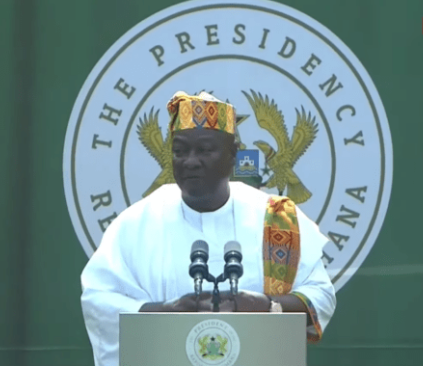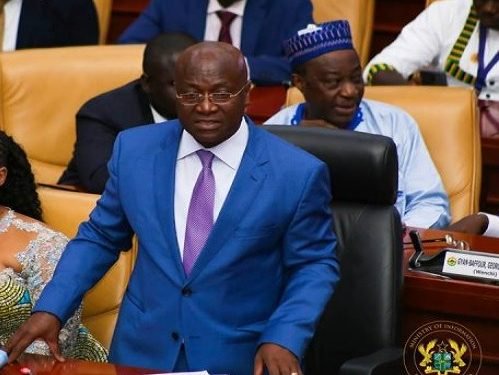
President Mahama has made a bold statement that’s resonating across Ghana: he’ll only move into the Jubilee House when it’s officially renamed Flagstaff House. This isn’t just about a building name; it’s about the symbolism, the history, and the ongoing debate surrounding national identity and political legacy. This statement has added more fuel to the long ongoing debate, and it has ignited conversations about symbolism and national identity.
Mahama’s stance is a clear expression of his preferences and also a reference to a key part of Ghana’s recent history. The Jubilee House, formerly known as Flagstaff House, has become more than just a presidential residence; it’s a symbol of power, identity, and the different political administrations that have shaped Ghana. This move is not just about a name change, but about the symbolic value that it holds for him and possibly, many others.
This declaration is likely to spark further debate on the issue. It invites people to think about the importance of names, places, and symbols and the stories they tell about a nation’s past and present. It reminds us that even something as simple as a building name can carry a lot of weight and elicit deep responses and feelings. It’s a moment where the seemingly mundane becomes the center of a political discussion.
Mahama’s position is a reminder that political decisions often carry a deep layer of symbolism. It reflects his personal preferences but is also deeply connected to the political narratives he wants to create. This story is more than just about a building; it’s about how leaders choose to leave their mark on history and how these choices can impact national identity and political discourse. This statement is not just about a building, but about shaping the future narrative for Ghana.
Source : m.dailyadvent.com




